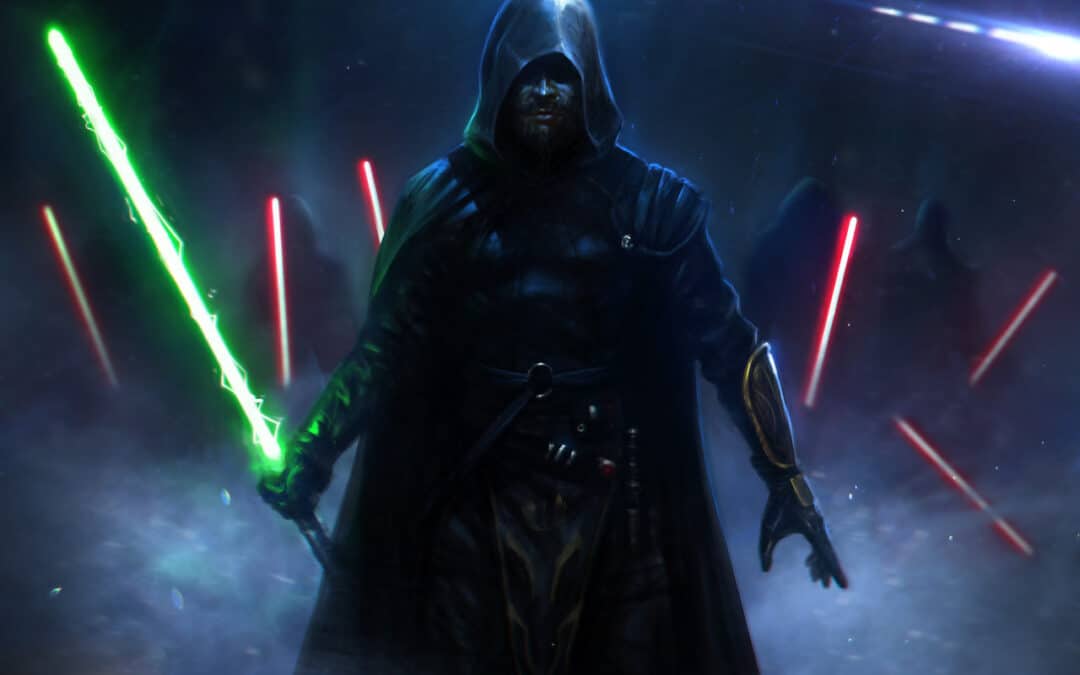The nerds have taken over pop culture!
If you’ve watched a movie, turned on a television or gone on the Internet lately, you’ve probably seen nerds everywhere. They no longer serve as the punch line or the person to pick on — they’re starring in their own movies and shows. Our new heroes are the Tina Feys and Michael Ceras.
Nerd culture is on the rise, which includes the popular websites I Can Has Cheezburger? and Know Your Meme, via email. Science fiction shows are becoming more popular, it’s cool to have the latest electronics, and people flock to comic conventions.
After so many years in the shadows, what is making nerds cool now?
Although the word “nerd” first appeared in the Dr. Seuss book, “If I Ran The Zoo,” it was also used as a synonym for a “square” in a Newsweek article in 1951. The Oxford English Dictionary defines a nerd as “a person who pursues an unfashionable or highly technical interest with obsessive or exclusive dedication.”
A “geek,” however, once referred to early 20th century circus performers whose acts included biting the heads off of live chickens. Similarly, the OED defines a geek as “an overly diligent, unsociable student; any unsociable person obsessively devoted to a particular pursuit.”
Biting the head off a chicken sounds disgusting, but geeks and nerds are now a desirable commodity.
The nerd stereotype used to be negative. For instance, Eugene Felsnic from the 1978 film “Grease” has all of the stereotypical characteristics of a nerd. He wears glasses, is puny, and gets picked on by the tough, leather-jacket wearing ruffians in the T-Birds.
The media’s perception of nerds began to change. Small strides in the world of cool nerd-dom were being made with films like “Revenge of the Nerds” and “Weird Science” in the early ‘80s.
Still, in the ’80s and ’90s, films glamorized action heroes like Mel Gibson, Bruce Willis and Tom Cruise. There were plenty of nerds in films and television, but they weren’t cool. Steve Urkel from “Family Matters,” Screech from “Saved by the Bell” and Carlton from “Fresh Prince of Bel Air” were the butt of every joke.
Stephen Keating, an M.A. in media studies and librarian of The New School Game Club, sees Steve Urkel as the mainstream perception. “Steve Urkel has always been in my mind the prototype of what a nerd is suppose to be,” Keating said.
The nerd transition into mainstream culture has gradually shifted, however — nerds are now trendy. This change can be seen as early as 1990 in “Edward Scissorhands,” where Anthony Michael Hall — previously known for playing geeky roles — played Winona Ryder’s jock boyfriend. Though Hall’s character is muscular and tough, he is vilified. Instead, the cripplingly shy Edward Scissorhands is the romantic interest.
Rather than serving as punching bags, the stars of films and shows in the past 10 years flaunt their nerdiness as a positive trait. Tina Fey’s character Liz Lemon on “30 Rock” dresses as Princess Leia to get out of jury duty and compares herself to Admiral Ackbar, yet she still ends up with Jon Hamm and Matt Damon.
Comic-Con exemplifies this new glorification of the nerd. First held in 1970 in San Diego, Comic-Con was originally a comic book convention, but now showcases films, video games, and has transformed into a Hollywood hot spot attended by celebrities like Justin Timberlake, Olivia Wilde and Rob Lowe. Although it has the capacity to fit over 130,000 guests, it has annually sold out passes since 2007.
Lance Fensterman, group vice president of ReedPOP, which organizes events such as New York Comic Con and New York Anime Fest, pointed to the festival’s wide accessibility as a reason for its growing popularity.
“I think they are attracting more and more casual fans,” said Fensterman via email. “At San Diego Comic-Con it was the ‘Twilight’ fans. At New York Comic Con ‘Walking Dead’ fans. Perhaps some purists think that dilutes the experience, but I tend to believe it only adds to it… We want geek culture to stay strong, so recruiting new members to the tribe in whatever ramp they may find is vital to keeping the community growing and strong.”
There’s even a Quidditch World Cup held annually, modeled after the fictional “Harry Potter” sport. Alex Benepe, CEO and president of the International Quidditch Association, says, “Of about 25 percent of the people who compete are serious athletes, some are a mix between nerd and jock, and the majority are just nerds.”
The event has sold about 3,000 tickets already and is double the size it was last year, when they sold around 10,000 tickets total.
This transition has extended to fashion too. “Geek chic” is a style that embraces geeky stereotypes such as thick, black-rimmed glasses and button up shirts. These play a role in stereotypical hipster clothing, which repurposes classically nerdy clothing into a trendy style.
Even the election of Barack Obama, in contrast to George Bush’s presidency, is an example of the triumphing nerd.
“Barack Obama is the textbook definition of a ‘cool nerd,’” said Fogelnest. “I never saw anyone wearing a t-shirt with Ronald Reagan on it.”
A rise video game popularity also speaks to the mainstream nerd shift.
“Video games are selling very well, and it makes sense that at some point pop culture would react to this change,” Keating said. “Still, I think it’s a bit premature to say that video games are as mainstream as music, movies or other industries with longer track records.”
This shift is also partly due to more access, thanks to the Internet. It is now simple to find once-obscure music, films, comic books and more. One can easily watch all of “Twin Peaks” on Netflix. Downloading Kraftwerk’s discography is one click away.
“It’s so much easier to be a ‘nerd’ these days, which is both wonderful and terrible,” says Fogelnest. “As much as I love being able to instantly download ‘Heavy Metal Parking Lot’ it’s not as special as the crappy VHS dub I got from a friend of a friend.”
Fensterman, for one, doesn’t just see geek culture on the rise — he sees it completely taking over.
“I think that geek culture has come out of the basement and into the mainstream. If you look at video game sales, the top grossing movies, the growing appreciation of graphic literature as a true form of literature, I think that the geeks are inheriting the earth.”

